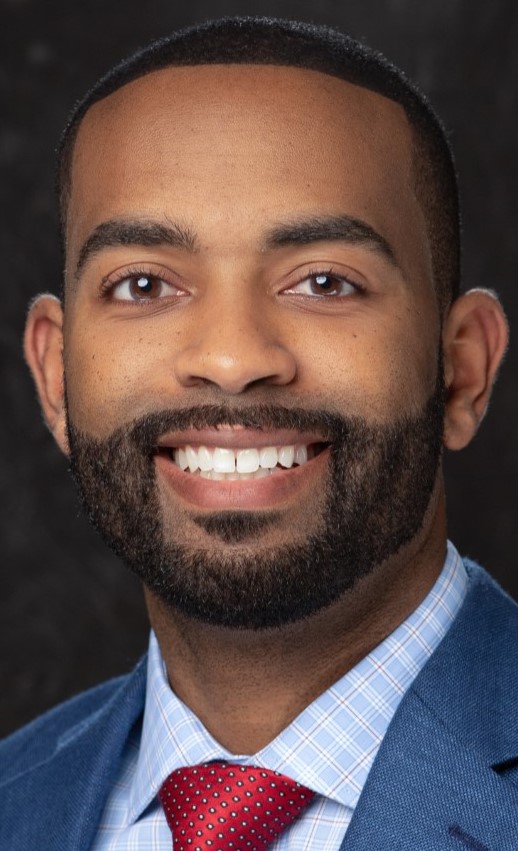
Economic Equilibrium is the goal, but how do we get there?

We (the legislature) passed a bill addressing the property insurance market because the market needs correction.
Florida consumers are experiencing non-renewals and insurance premium hikes because of natural disasters, litigation, and insurance companies going out of business, or deciding to no longer do business in Florida.
From 2009 until 2015, we had a prosperous insurance market because major hurricane activity was limited. Leaders of Florida insurance companies could not foresee the following five years of hurricane after hurricane, so they did not financially plan accordingly to remain financially solvent.
The partisan bill focuses on making Florida a desirable place for property insurance companies to do business with the goal of reaching economic equilibrium, which means property insurance should be more affordable with optimal services because of the marketplace competition encouraging fair prices and good services.
I believe we can reach a place of economic equilibrium longer term in Florida, but Florida residents deserve relief sooner than later.
The bill does not address any immediate relief but could potentially assist with the longer-term stability of the market. Still, it is not balanced and is more focused on providing immediate relief for the insurance companies but not for consumers.
There are good parts in the bill that enforces insurance companies to review claims and process claims faster. To curtail fraud, there are also more strict time limitations for consumers to report claims. It also changes the assignment of benefits arrangement so that price assessments can be more aligned with the fair market value.
The one part of the bill that made it difficult to support was discontinuation of consumer legal representation that the insurance company could pay for if the legal representation won the claimant’s case by more than 50 percent above the pre-suit settlement amount.
During the previous session, Senate Bill 76 was very helpful in mitigating unnecessary lawsuits, which since its passage, we have seen a 30-percent decrease in litigation surrounding claims. I believe de-incentivizing litigation that does not bring beneficial consumer support for legitimate claims helps makes insurance more affordable.
We should have laws like Senate Bill 76 that prevent an attorney from taking a case and helping a 15,000 pre-settlement offer to only gain a total of 16,000 claimant offer in court because anyone can agree that type of litigation is unnecessary.
The new bill that passed on Dec.14 now makes all claimants to either pay for attorney fees and associated costs upfront out of pocket, PFS (proposal for settlement), which is before trial where the insurance company can be presented the claim amount, and attorney fees and the insurance company could decide to settle and pay both attorney fees and claim amount for damages, or claimants pay attorney fees and associated cost out of the awarded amount to fix their home once they win the litigation.
For example, if your wind damage caused $20,000 dollars’ worth of damage and the insurance company denies your claim or only offers $5,000, so you decide to hire an attorney that would cost $3,000. If your attorney proves in court that your policy should cover your damages and the amount to cover the wind damage is truly $20,000 dollars. You will have to pay your attorney fees and associated costs out of your awarded $20,000, where previously, the insurance company would be mandated to pay the attorney fees and associated costs in addition to the claimant awarded amount.
Another component of the Bill I could not support was the requirement of all Citizen Insurance policy holders who don’t live in a flood zone will be required by 2027 to purchase flood insurance. This will be phased in over the next five years. Also, this Bill requires that Citizen Insurance policy holders change insurance companies if there is comparable insurance in the private marketplace within 20 percent of their current policy cost.
We will go into the 2023 session, filing bills and amendments to continue to work on the property insurance market instability with bipartisan efforts. Yes, this previous bill offered $1 billion to the insurance industry to help them purchase their own insurance, which is called re-insurance.
All the savings from the re-insurance program are mandated to be passed on to the consumer. Still, unfortunately, the products they purchase for re-insurance in the private market might not provide the type of savings we would hope for because they have to buy individual products instead of more cost-effective bundles.
I want to push for the necessary support to ensure the insurance industry can purchase re-insurance products in a bundle fashion that would allow us to maximize the savings from re-insurance. I would also like for us to consider providing funds that are tied to a temporary property insurance rate freeze or reduction so that consumers can have immediate relief.
We also need to consider how we can use public dollars to subsidize catastrophic events when insurance companies don’t have the financial ability to serve their clients. To stabilize our Florida insurance market, we need to have a market where insurance companies can make an economic profit to do business here, but we also need to protect consumers to ensure they have the property protection that they pay for and the ability to hold the insurance companies accountable in the cases where it is more profitable for the insurance company to deny a claim and go to court than to pay a claim.
Many parts of the bill that passed will help attract more insurance companies to do business in Florida over the next 2 to 5 years. However, before that, there is no immediate relief, and after that, there is still the portion of the bill that will mitigate most of the unnecessary litigation but will also block necessary litigation as well.
Democrats voted “No” on this bill in efforts to negotiate the much-needed changes to address Florida property insurance challenges. We are committed to working with leadership to consider our ideas during session and ultimately help Floridians with immediate and longer term relief.







